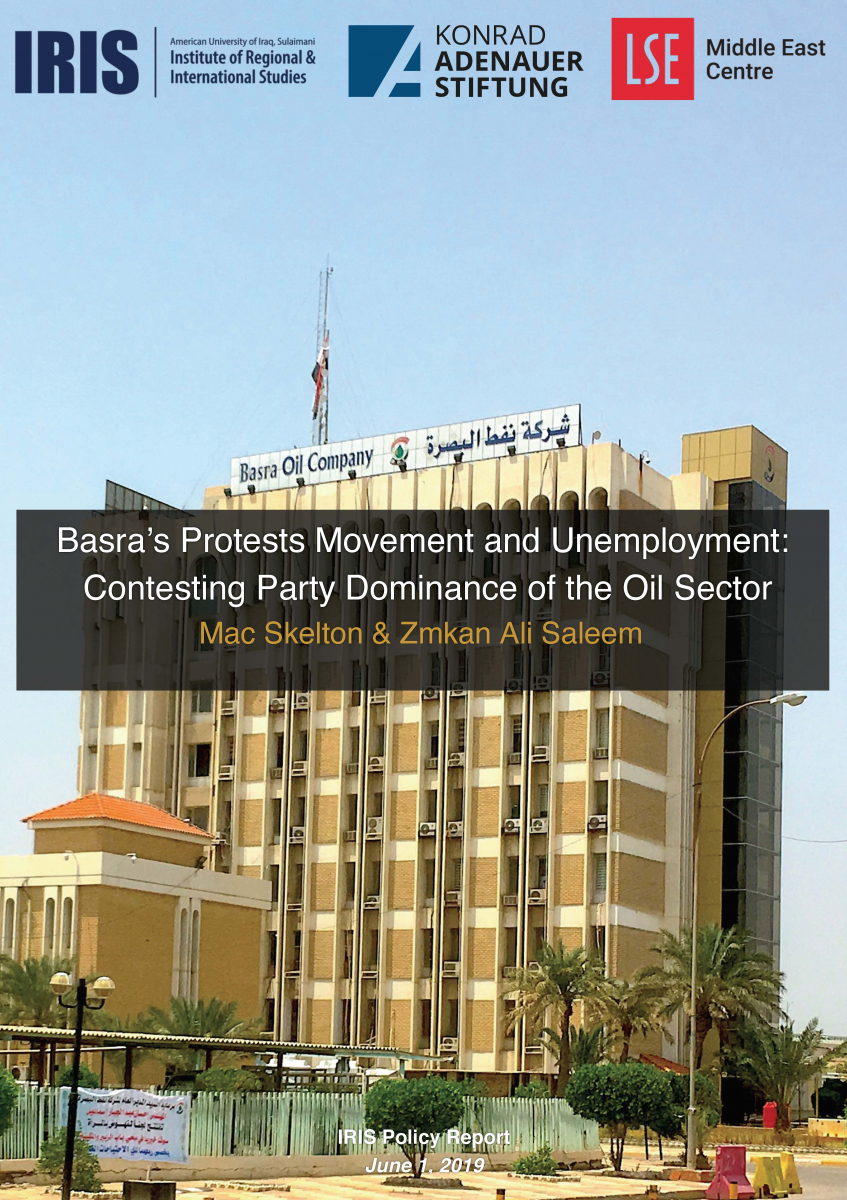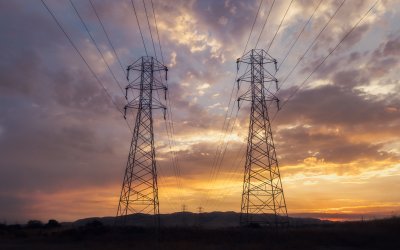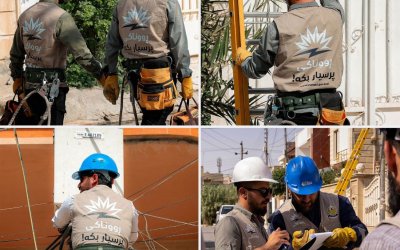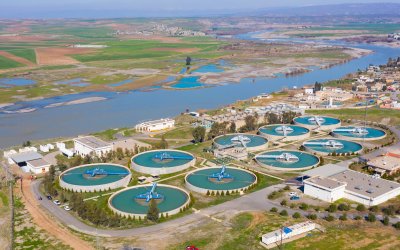In Basra’s mass protests of 2018, unemployment was central to the rhetoric and mobilization strategies of all the key political actors – protesters, government officials, party elites, and tribal leaders. Basrawi protesters chanted slogans about rampant joblessness – first in small disjointed groups and ultimately coalescing into massive crowds that attacked nearly every significant government and party building. Meanwhile members of the provincial council and party leaders cast blame on foreign workers taking the jobs of Basrawis in oil companies. Many of the protest movement leaders retrospectively call the summer demonstrations of 2018 the “protests of unemployment.” How did unemployment – particularly in relation to the oil sector – become a central pillar of the protest movement, and what if anything has the government done to formulate a program to address joblessness and thereby stem the tide of popular discontent? This policy report addresses the roots of the unemployment problem, the government response to the problem, and its relevance to the future of the protest movement.
Click here or the report cover below for the full brief.






